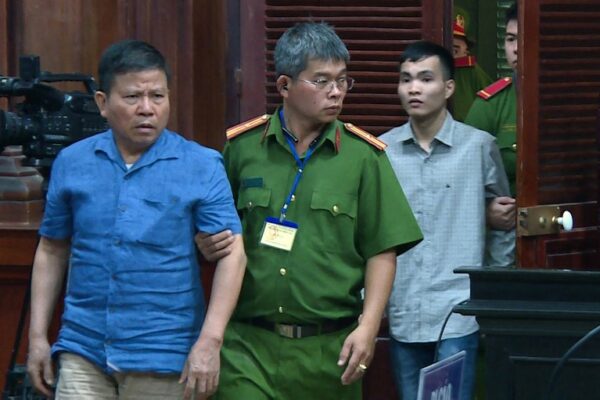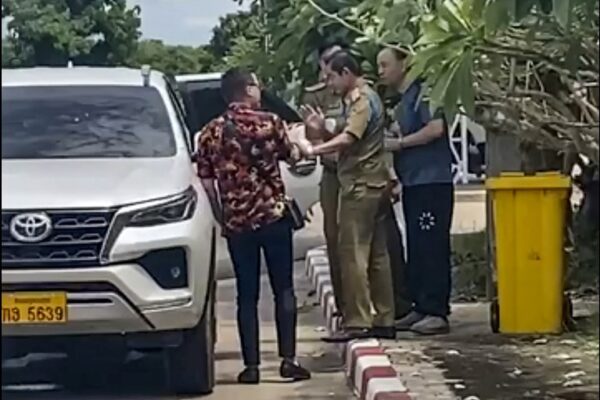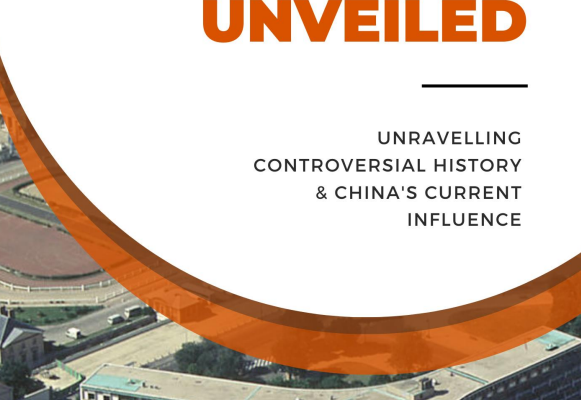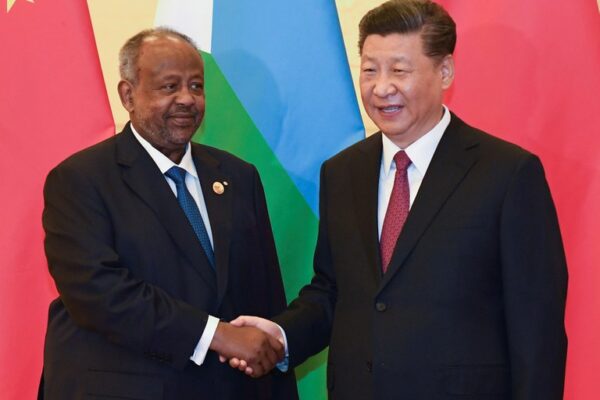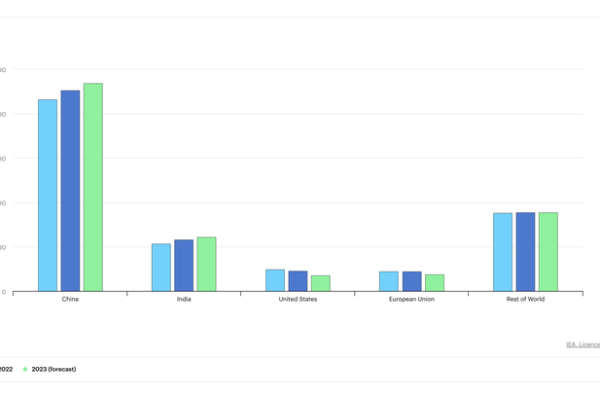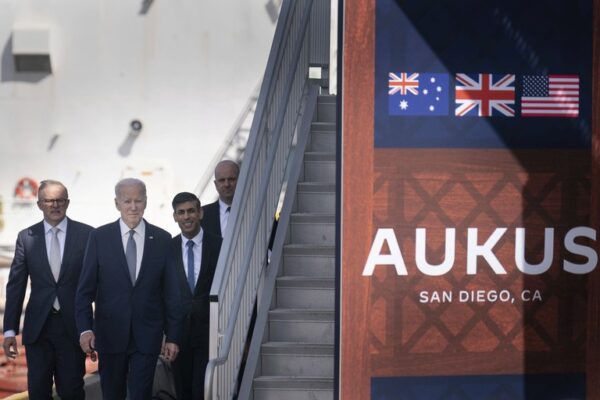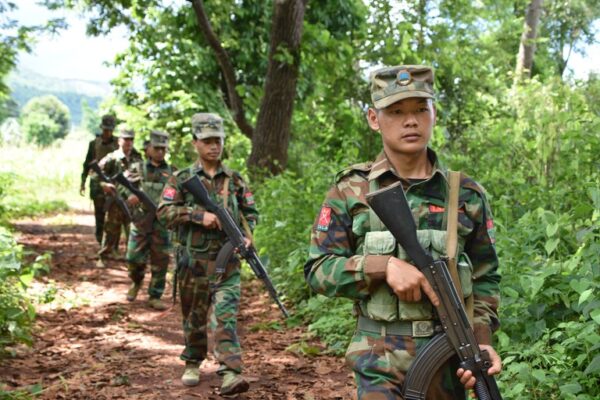Myanmar junta announces fourth extension of emergency rule
Myanmar’s military junta extended a state of emergency on Monday on the eve of a deadline, delaying elections it had vowed to hold by the end of the year, according to media reports. The National Defense and Security Council, Myanmar’s top decision-making body, ordered the extension at a meeting convened by the junta in the capital Naypyidaw, Bloomberg reported, citing junta Deputy Information Minister Major Gen. Zaw Min Tun. The announcement marks four consecutive six-month extensions of emergency rule in Myanmar since the military seized power in a Feb. 1, 2021, coup d’etat, citing ongoing instability in the country. The latest period was set to expire on July 31. The military regime had announced plans to hold an election this year, in what analysts say is part of a bid to crush the opposition and legitimize its rule through the polls. Opponents have dismissed the planned election as a sham because it appears rigged to exclude parties ousted by the coup and keep junta officials in power. The fourth extension of emergency rule would postpone the election, which Myanmar’s Constitution mandates must be held within six months after a state of emergency is lifted. The renewed state of emergency announced Monday was not unexpected. On July 13, junta chief Senior Gen. Min Aung Hlaing hinted at a possible extension of emergency rule during a meeting of the Tatmadaw, or Myanmar’s Armed Forces, in the capital Naypyidaw, calling for greater security in Sagaing region, as well as Chin and Kayah states. The three regions are centers of resistance to military rule and have seen an uptick in violence in recent months. ‘Extraordinary situation’ According to Myanmar’s military-drafted constitution, emergency rule can only be extended twice “in normal situations.” In announcing the last extension on Jan. 31 this year, junta leaders cited the “extraordinary situation” created by resistance against the military regime for stymieing efforts to hold a general election. At the time, Min Aung Hlaing, faulted “terrorist groups” formed by deposed lawmakers and officials – the Committee Representing Pyidaungsu Hluttaw and the National Unity Government – as well as the numerous local militias known as People’s Defense Force, or PDF, that have fought the junta across Myanmar since 2021. Min Aung Hlaing was the leader of the coup that ousted and jailed leader Aung San Suu Kyi and her National League for Democracy government about two months after their landslide election victory. Civilians under threat After the last extension, the junta declared martial law in 40 townships in Sagaing, Magway, Tanintharyi and Bago regions, as well as in Kayin, Chin and Kayah states. The military embarked on a brutal campaign against the armed resistance, but the resistance grew stronger. Military clearance operations have claimed the lives of civilians on a near daily basis in Myanmar. According to Burma News International’s Myanmar Peace Monitor, which compiles data on military conflict in the country, at least 383 civilians were killed throughout the country during the latest extension of emergency rule, from Feb. 1 to July 15. Most were arrested and killed or died in military shelling and airstrikes. According to a July 15 statement by the United Nations Office for the Coordination of Humanitarian Affairs, nearly 2 million people have been displaced by armed conflict across Myanmar since the coup. Of those, nearly 800,000 people have been displaced in Sagaing region alone.

